In Touch: Young People with Disabilities Test New Inclusion Methodologies in Montenegro
The latest international mobility of the In Touch project, promoted by the Sardinian association ABICI and a member of the Sardinian Committee CASMI, concluded in Podgorica, Montenegro from 24th till 30th of June. Over the course of 7 days, the young people from the project consortium, which includes Albania, Bosnia, Montenegro, Italy, Malta, and Cyprus, tested new methodologies for the inclusion of young people with disabilities.
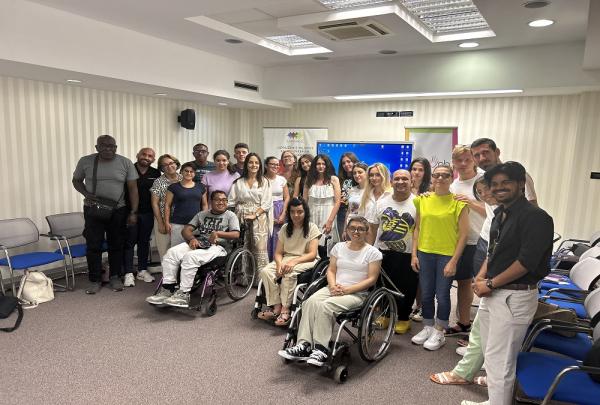
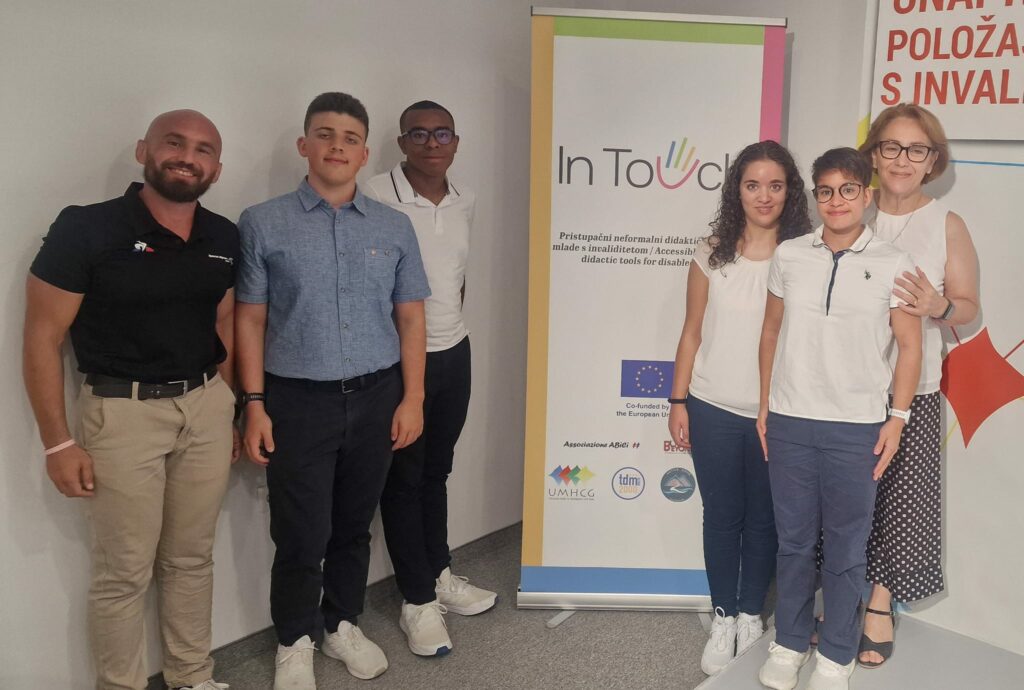
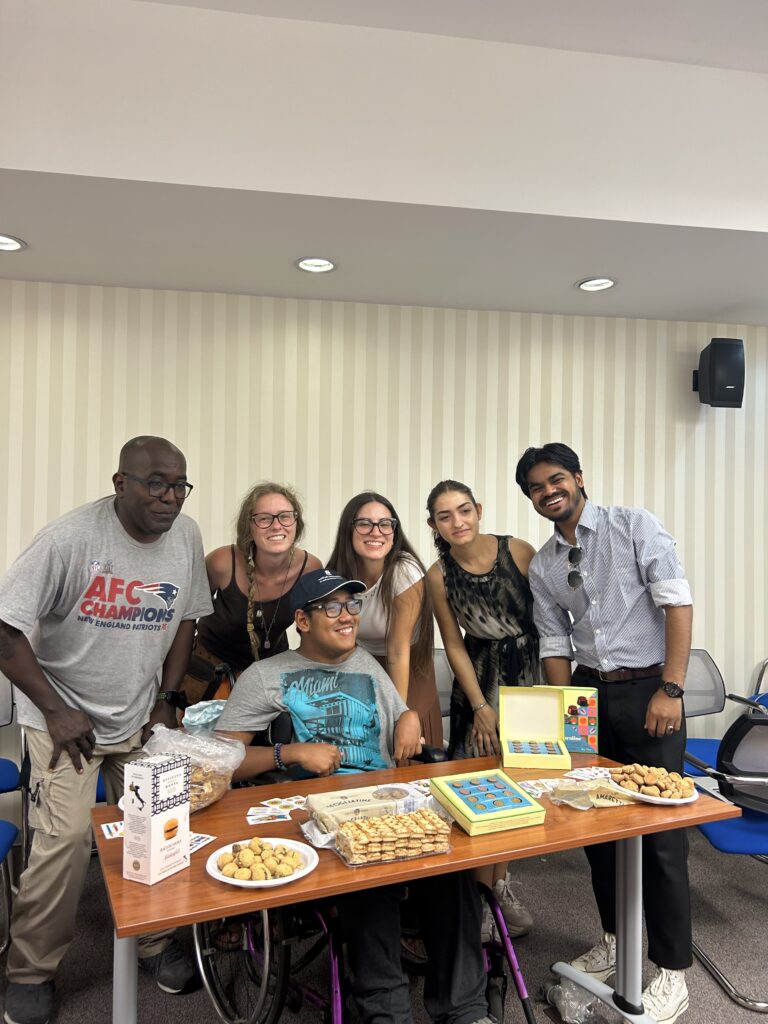
According to the project partner, the Association of Young Disabled People of Montenegro (AYDM), the mobility was a great success. It allowed the participants to “highlight the importance of testing methods for the inclusion of young people with disabilities.” During the exchange, as noted by AYDM, youth workers and participants tested various activities developed in recent months by the In Touch partners and incorporated into the educational manual for inclusive and informal education. “We received feedback from the participants on potential weaknesses in the methodologies, and with their help, we made them more inclusive and accessible for people with disabilities.”
The exchange also promoted the social skills of the participating young people with disabilities. “Our goal,” explains an accompanying person of one of the participants, “was to stimulate social inclusion and provide equal opportunities for participants to share their knowledge, experiences, and skills.”
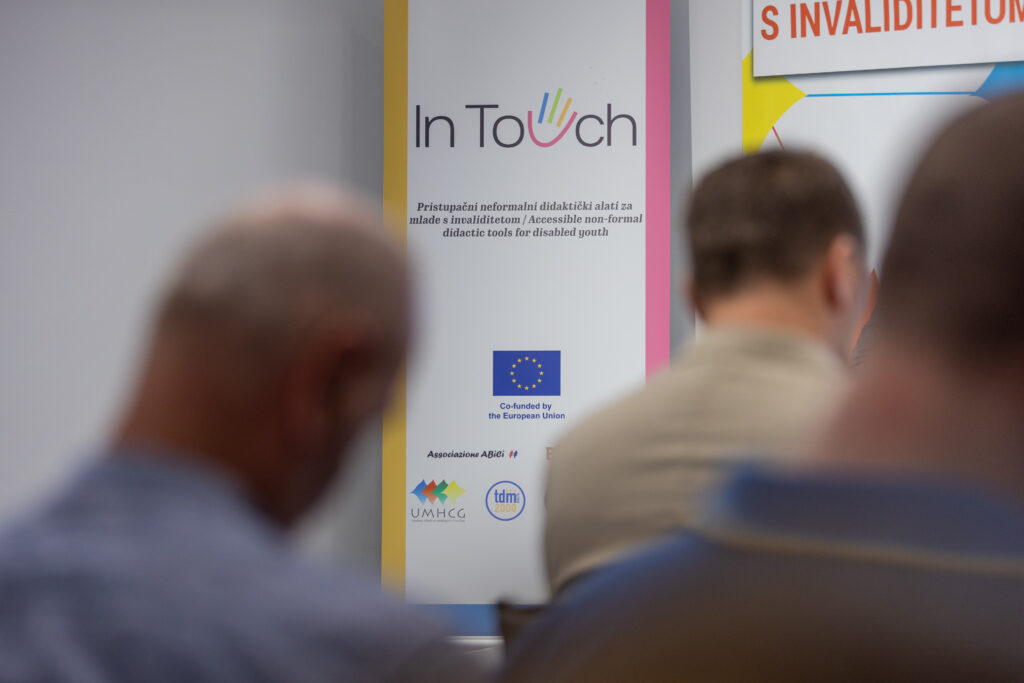
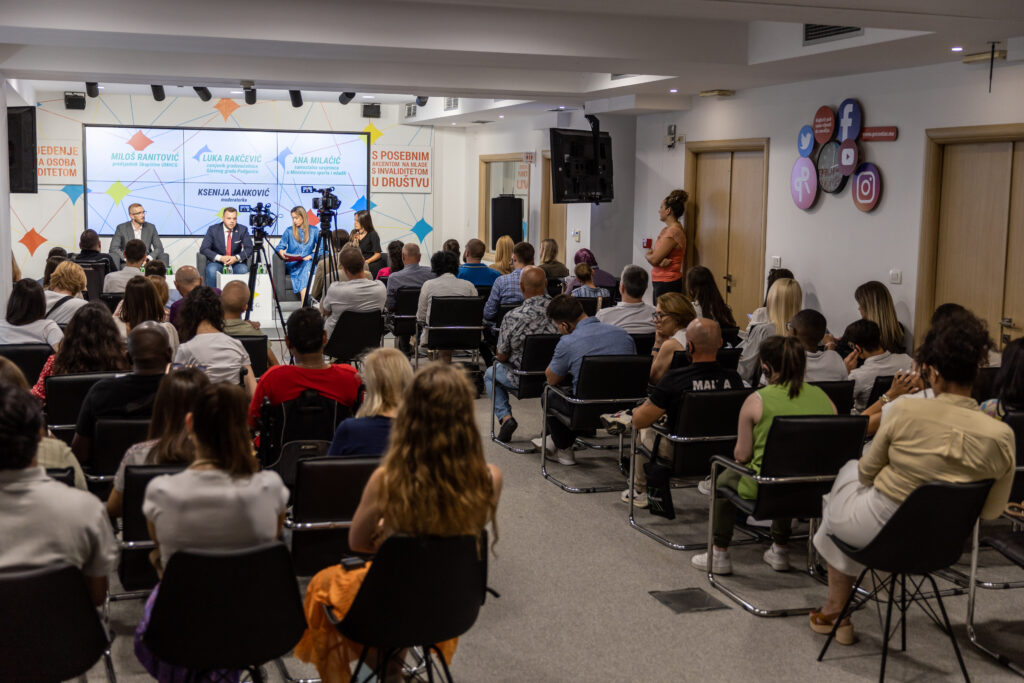
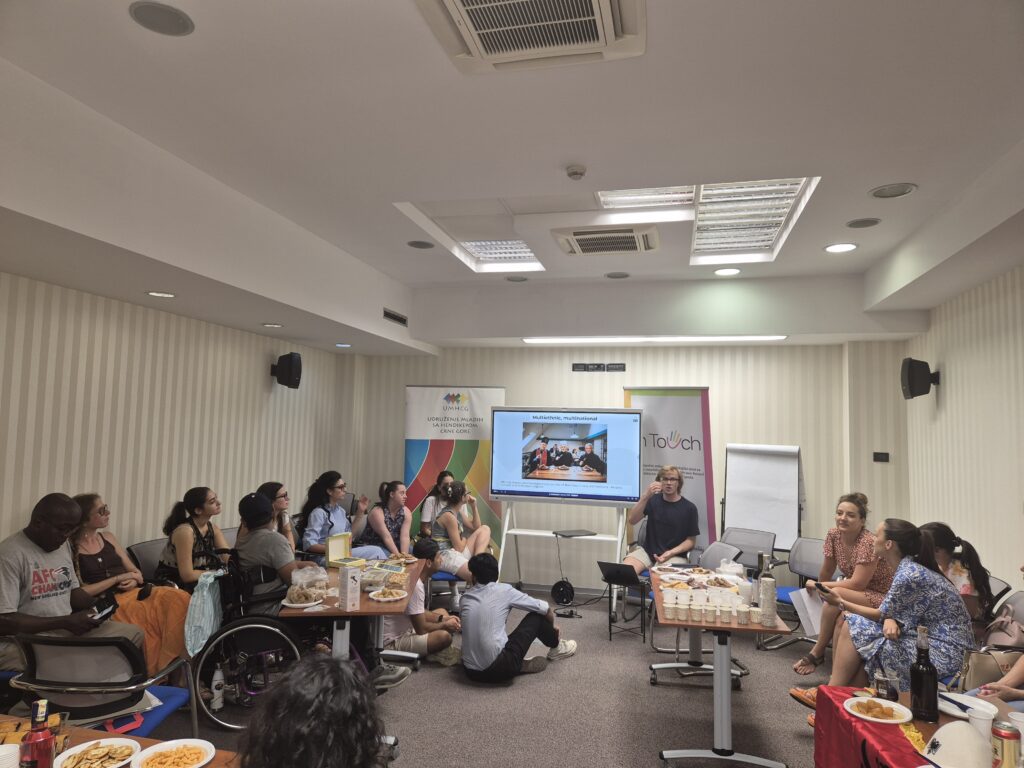
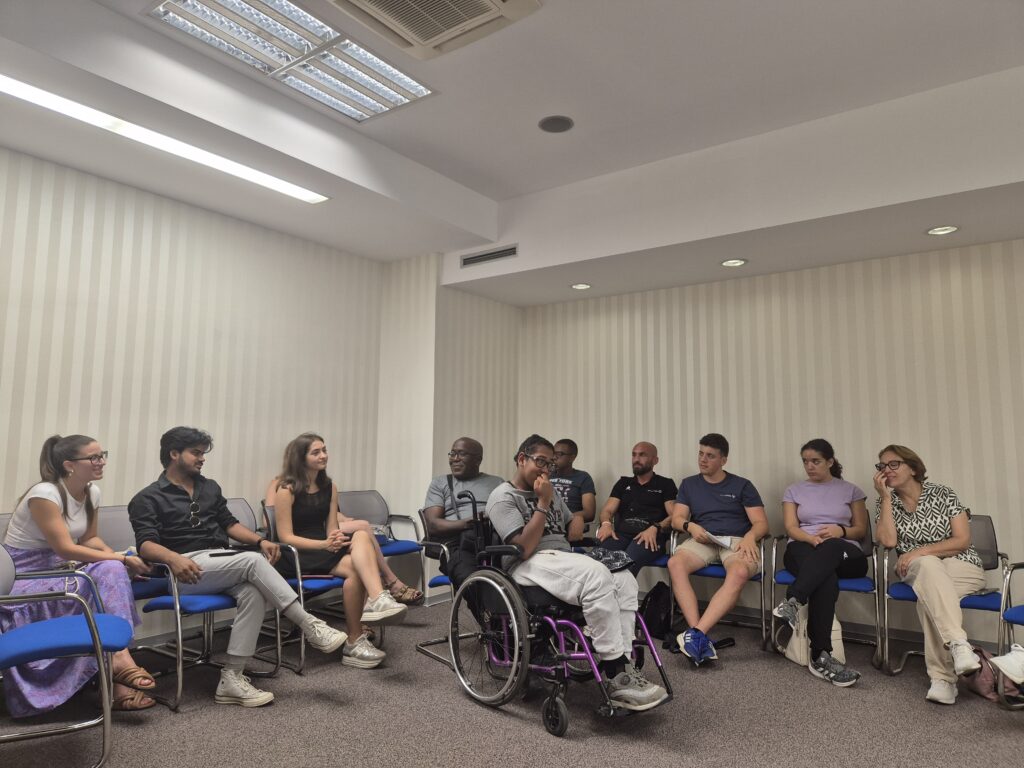
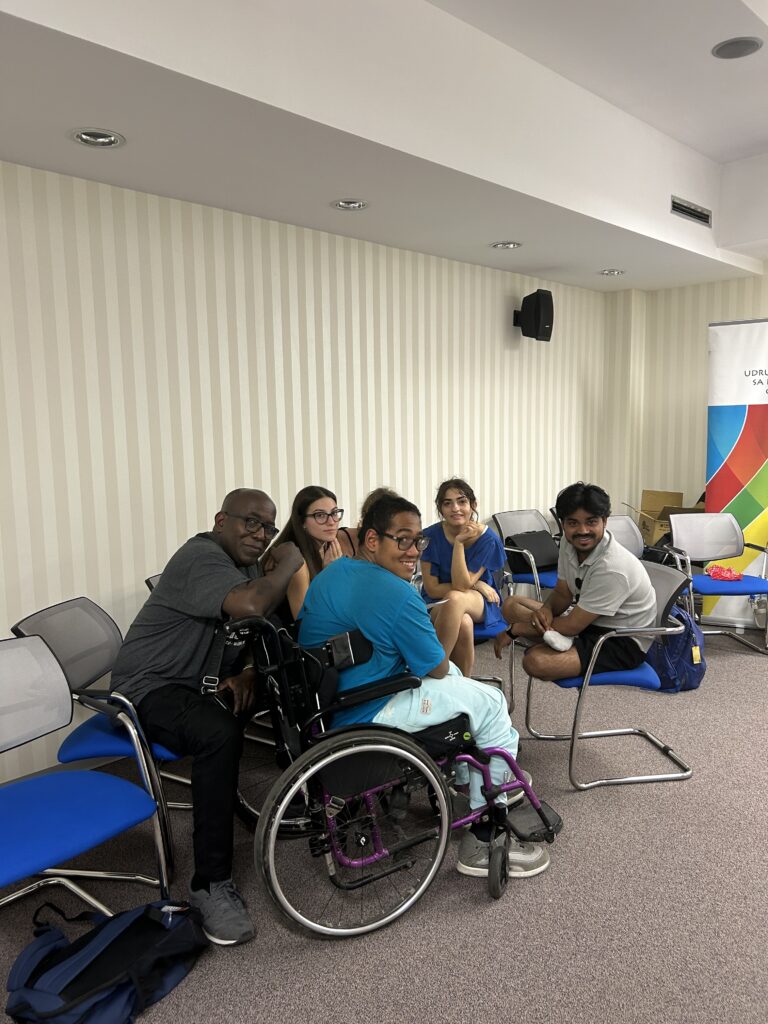
“Through participant evaluations,” continues AYDM, “we discovered that everyone gained valuable skills, knowledge, and experiences. These skills will also be noted in the Youthpass certificate that all participants will receive as recognition for their work.”
Several activities made a significant impact. For example, “Football with Goggles (Goalball)” was particularly engaging, prompting participants to reconsider their views on disability through an interactive sport. Sessions such as “Breaking Stereotypes in Disability” and “Understanding Different Models of Disability” offered profound insights into the diverse ways disability is perceived and addressed across different cultures. Workshops like “Accessible Mapping” and “Basics in Providing Personal Assistance for People with Disabilities” provided participants with practical skills for supporting and including people with disabilities in everyday life. Notably, the “Empowering Voices: A Workshop on Advocacy for Disability Rights” was instrumental in educating participants about advocacy and the vital role of promoting disability rights.
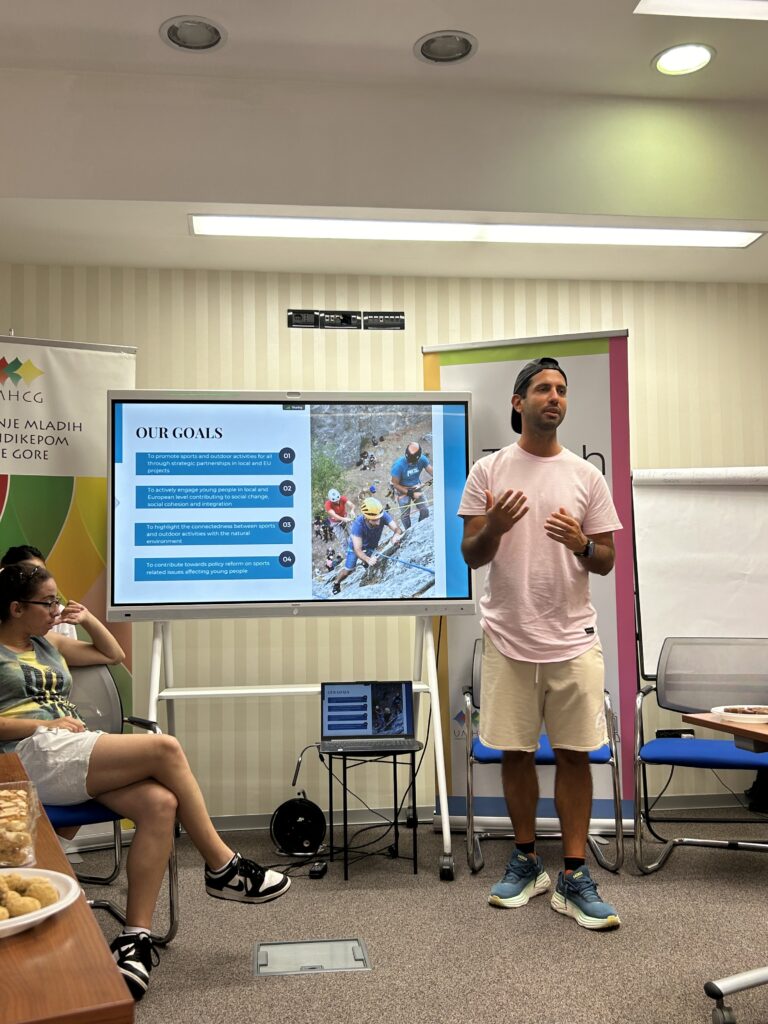
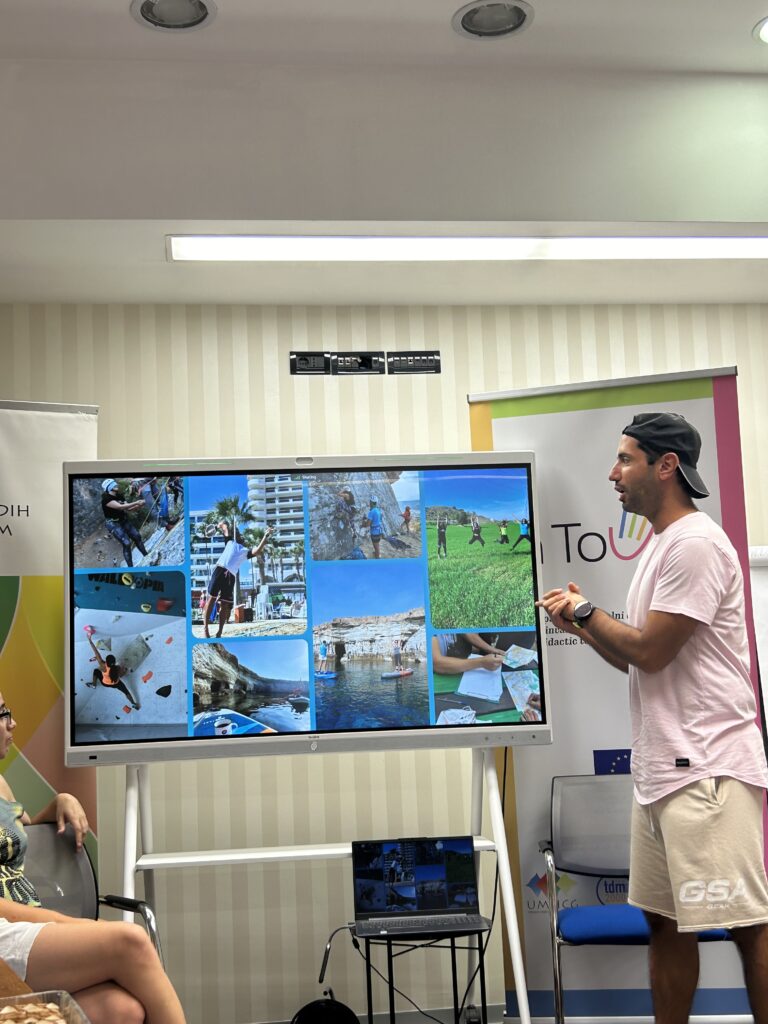
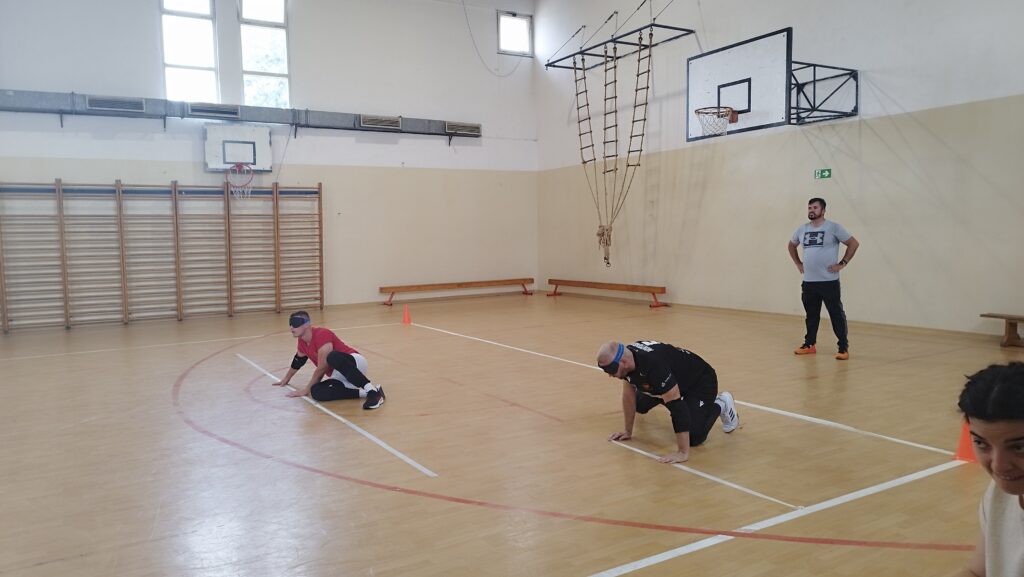
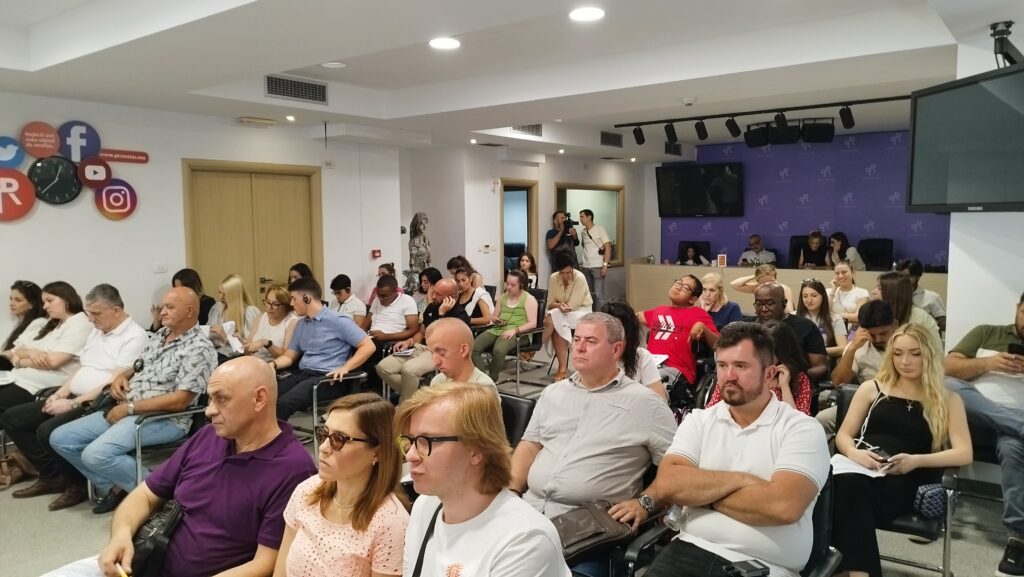
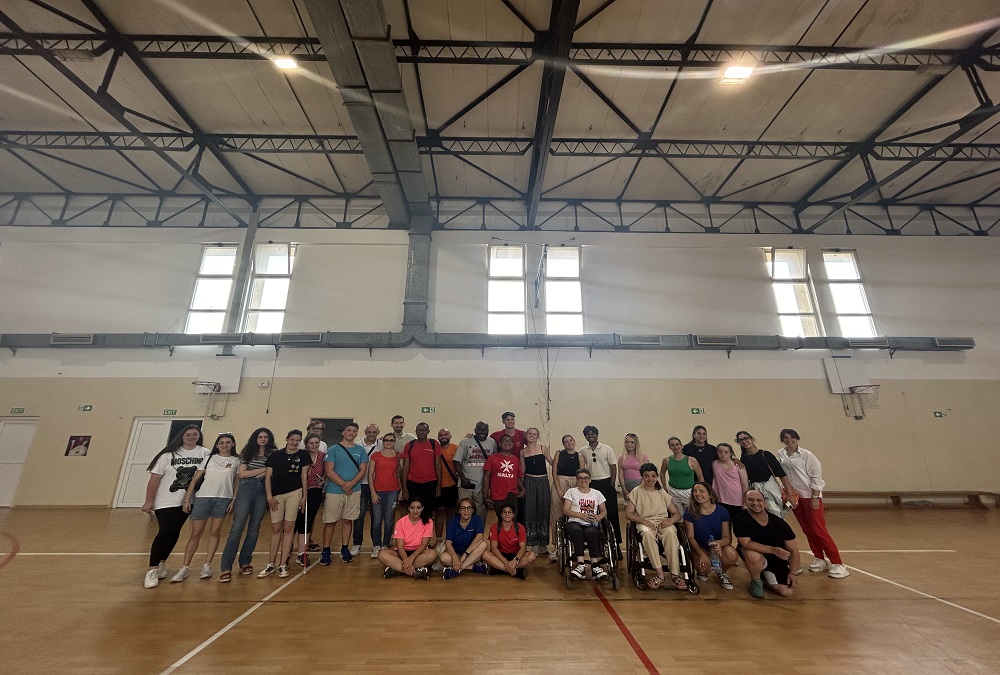
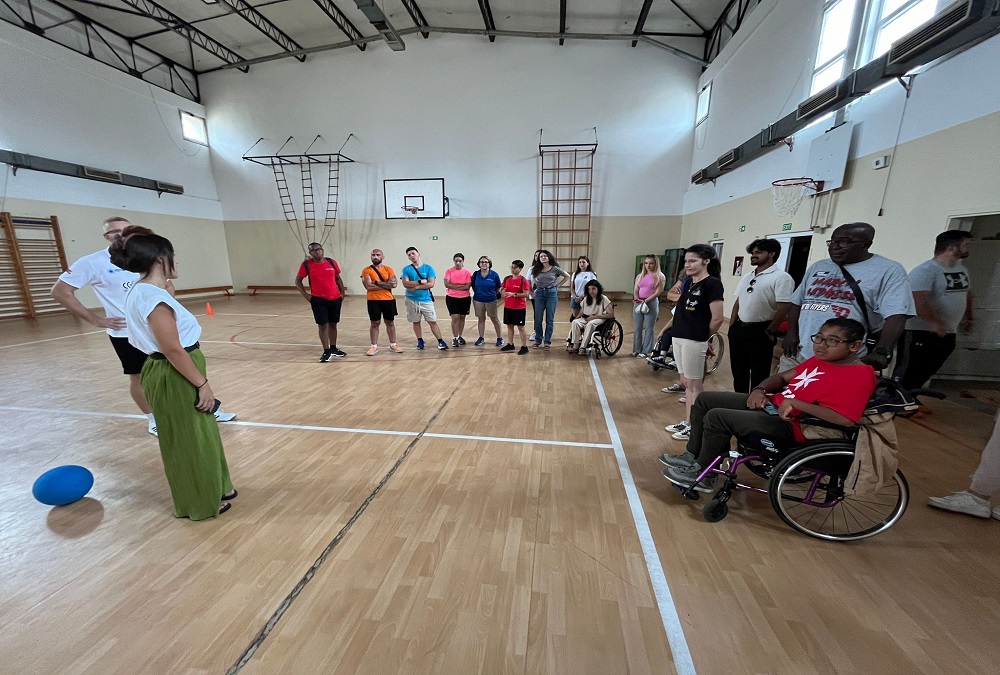
The Youth Exchange was an enriching experience that reinforced the importance of inclusivity and provided practical tools and insights for promoting disability rights and awareness. The main learning points included the significance of breaking stereotypes, understanding various disability models, and the crucial role of advocacy in effecting social change.
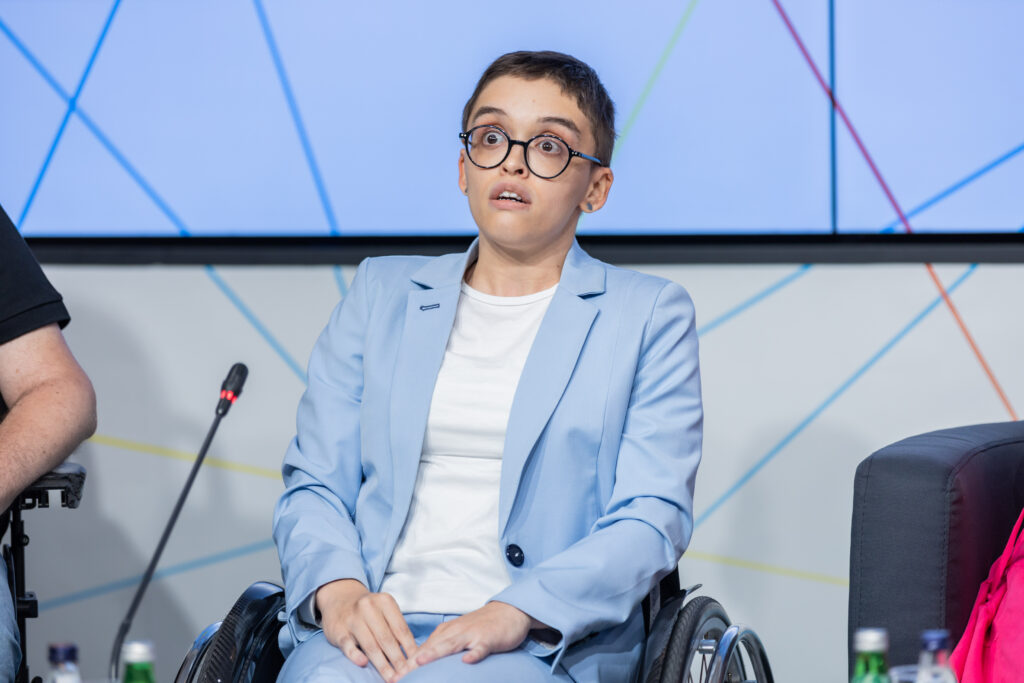
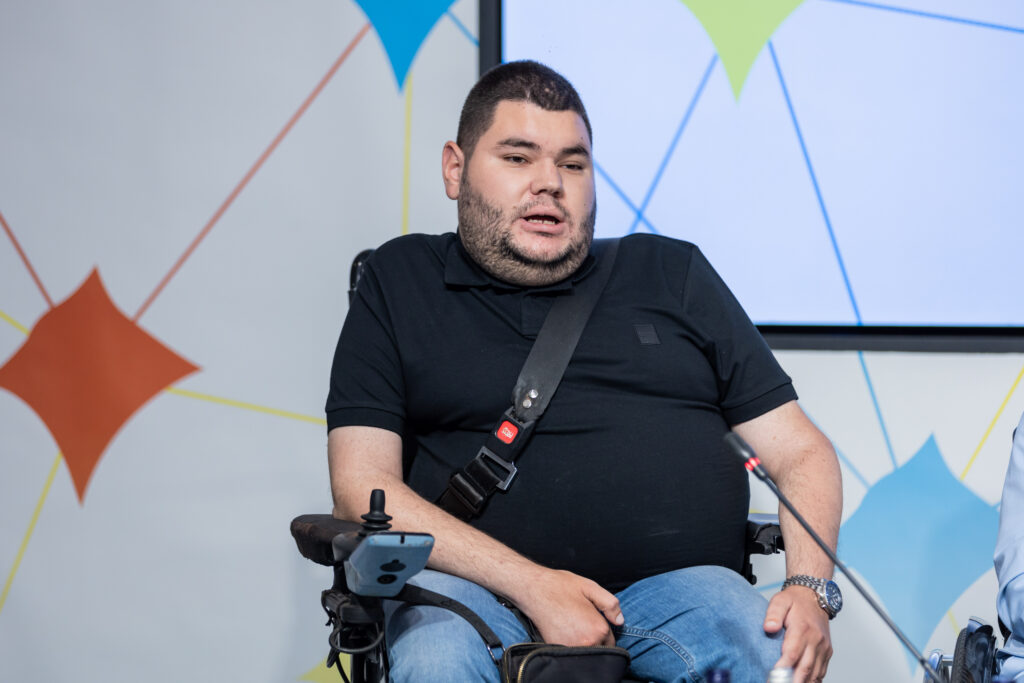
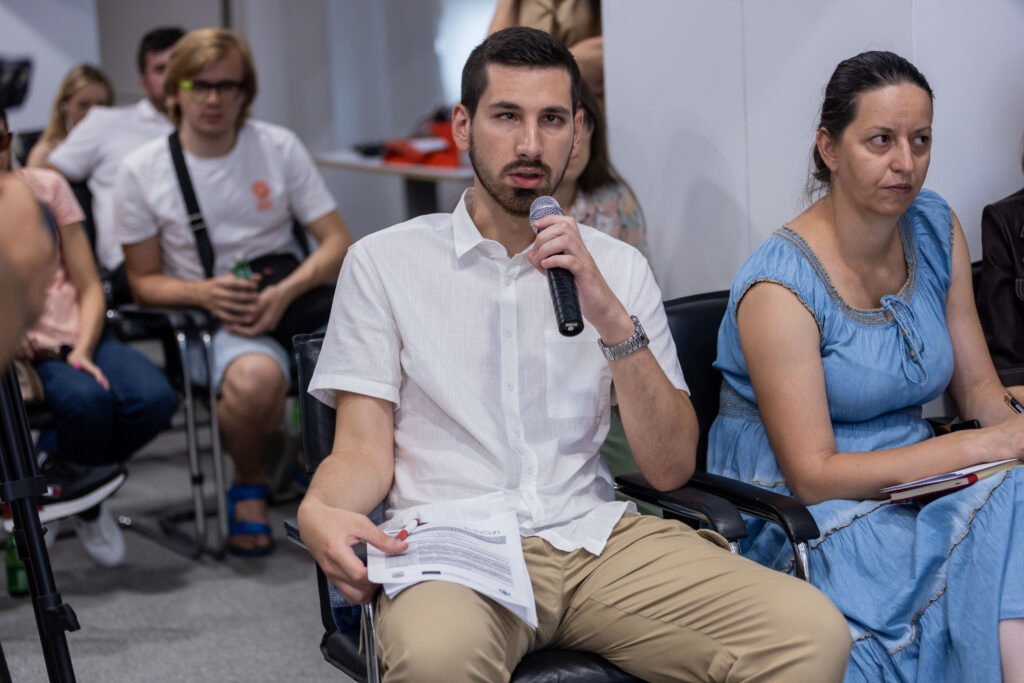
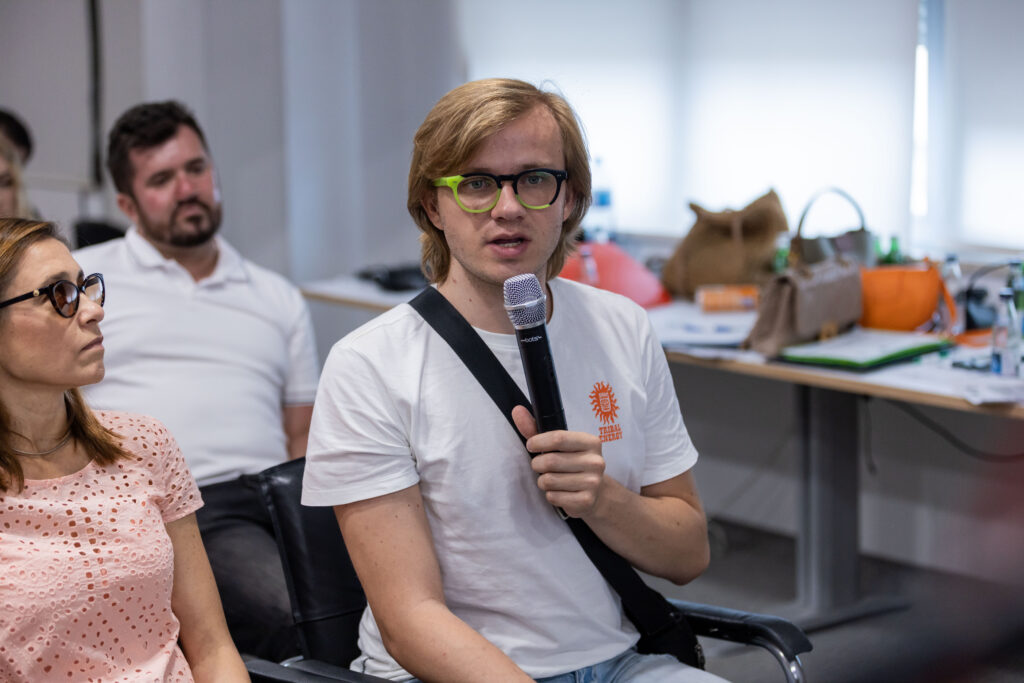
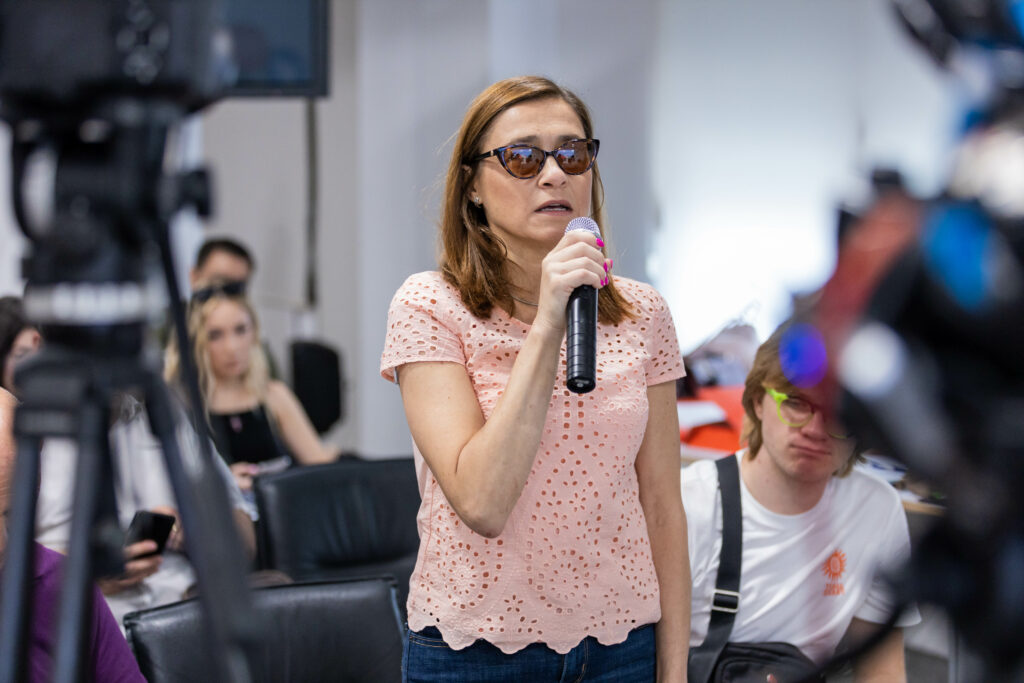
“We are thrilled with the positive feedback from participants and are optimistic that, with the support of the Erasmus+ program and EACEA, we can make meaningful contributions to the inclusion of young people in our local communities,” said Gabriele Frongia of ABICI. “However, there is still much work to be done, particularly in raising awareness among families who are often overly protective of their children with disabilities. It is crucial to promote the socialization and professional growth opportunities available through the European Union. There is a need,” continued Frongia, “for collaborative efforts with disability organizations to facilitate the effective inclusion of young people.
